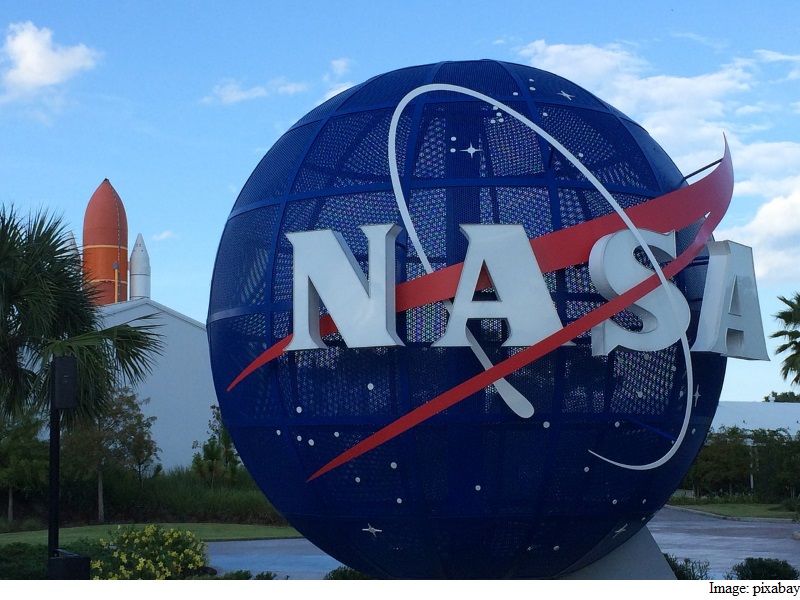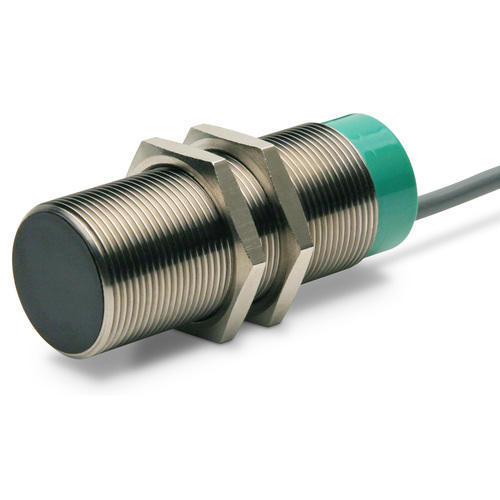
India and US must Hookup on Space Exploration Operations, Says Nasa
India and United State, both have acquired two most dominating positions in the global space industry. But if they give more collaborative effort, then space explorations missions and programs can be more fruitful, suggested a senior scientist of NASA. Paul Rosen, a famous scientist from the US-based space agency NASA in his statement, highlighted that both India and US should tie up and focus more on the mutual space exploration and experiment missions so that the ultimate goals of such mission will easily be achieved. Paul Rosen is the present Manager of the Jet Propulsion Laboratory’s Radar, at National Aeronautics and Space Administration (NASA).
In a press meet on Saturday, scientist Paul Rosen said that the collaboration of India and the US will bring up more effective aftermaths of space research programs. As said by Paul Rosen, Project Scientist, NASA-ISRO Synthetic Aperture Radar from NASA Jet Propulsion Laboratory (JPL), “Both India and the United State have come a long way in space exploration missions. And it’s the time for both India and U.S to start focusing more on the programming of such research missions, which later will facilitate the world with several excited and significant discoveries about the mysterious planetary system and space of course.”
NASA now is looking forward to encouraging space enthusiastic students from across the world to contribute to their space outreach missions. In his statement, Paul Rosen also highlighted about the two young Indian astronomers who created history by detecting asteroids in 2010 that are recently documented by the International Astronomical Union (IAU).
Two Indian scientists – Amanjot Singh and Sahil Wadhwa, the former students of Ryan International School in Rohini, were two participants of the All India Asteroid Search Campaign (AIASC). The program was conducted by New Delhi-based Science Popularization Association of Communicators and Educators (SPACE) organization with the mutual venture of International Astronomical Search Collaboration (IASC), where the researchers detected the main belt asteroid numbered as 2010 PO24. Currently, the asteroid is recognized by IAU.
Under the exploration missions, a total of 37 asteroids were discovered 2016, 27 out of which have been detected by the Indian students,” said Sachin Bahmba, Chairman, and Managing Director-SPACE Group. It means, if given chance, Indian researchers alongside the ultra-advanced space exploration tools and techniques of the US can create more histories.


